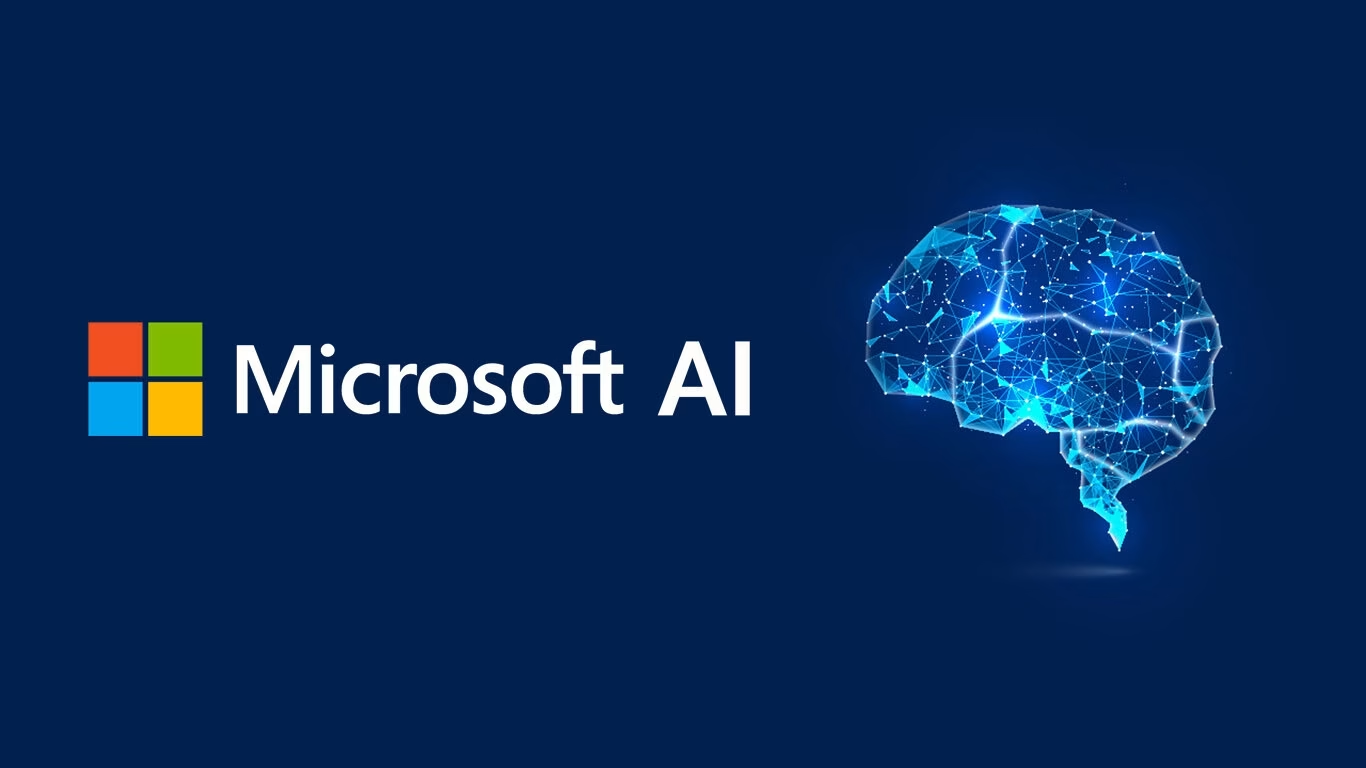Unpacking the Mystery: Microsoft's Athena Blueprint for Teams
There's been a quiet hum in the tech community, a whisper about Microsoft potentially releasing a blueprint for a new AI agent for Teams, reportedly named Athena. It's the kind of news that, if true, could really shake things up in the collaborative software space. But here's the thing: as of early June 2025, concrete, widely publicized details about this specific "Athena blueprint for Teams" are proving rather elusive . It's a bit like hearing about a fantastic new restaurant opening, but no one can quite tell you where it is or what's on the menu.
The Information Vacuum: What We Don't (Yet) Know
It's a fascinating situation, isn't it? The idea of a new, powerful agent like Athena for Teams certainly aligns with Microsoft's strategic direction. But without official word, we're left to speculate. The most recent public mention of "Athena" from Microsoft, according to some reports, was actually related to an AI chip, not a Teams agent . This just adds another layer to the mystery. Are we conflating different projects, or is there a broader "Athena" initiative that spans hardware and software? It's a question worth pondering.
The AI Trajectory: What an "Athena" Agent Could Be
Think about it: Teams is already a hub for communication, meetings, and file sharing. An advanced AI agent could transform it into something far more proactive and intuitive.
We're talking about an agent that doesn't just transcribe meetings or summarize chats (which Copilot already does, beautifully, I might add). An Athena could potentially:
- Proactive Information Retrieval: Imagine Athena anticipating your needs. You're discussing a project, and it automatically pulls up relevant documents, past conversations, or even external research, presenting it contextually.
- Intelligent Task Management: It could identify action items from conversations, assign them, and even follow up. No more "who was supposed to do that?" moments.
- Personalized Workflow Optimization: Learning your habits and preferences, Athena might suggest optimal times for meetings, recommend specific tools for a task, or even help manage your focus time by intelligently filtering notifications.
- Enhanced Meeting Facilitation: Beyond summaries, Athena could identify conversational dead ends, suggest topics to keep discussions on track, or even flag when certain team members haven't contributed. A virtual meeting moderator, almost.
This isn't just about automation; it's about augmentation. It's about an AI that truly understands context and intent, making our digital workspaces feel less like a collection of tools and more like a truly intelligent partner. And that's a pretty exciting prospect, if you ask me.
The "Blueprint" Angle: More Than Just a Feature
The term "blueprint" is interesting here. It suggests more than just a new feature roll-out. A blueprint implies a foundational design, a framework, or perhaps even a set of guidelines for how developers (internal or external) can build upon or integrate with this new agent. This could be a strategic move by Microsoft to:
- Standardize AI Integration: Ensure that future AI capabilities within Teams adhere to a consistent architecture, making them more robust and scalable.
- Foster an Ecosystem: Provide a clear path for third-party developers to create their own AI-powered extensions or services that leverage Athena's capabilities. This is where things get really interesting for the broader developer community.
- Communicate Vision: Even if it's not a public release, an internal blueprint signals Microsoft's long-term vision for AI in collaboration. It's a statement of intent.
If this blueprint is indeed real, it speaks to a deeper, more architectural approach to AI integration, moving beyond individual features to a more holistic, platform-level strategy. It's not just about adding a new tool; it's about designing the very fabric of how AI interacts with our work.
Looking Ahead: Speculation and Significance
While the specifics of an "Athena blueprint for Teams" remain unconfirmed, the general trend of AI integration into collaborative platforms is undeniable. Microsoft has been at the forefront, and the community on platforms like X (formerly Twitter) is certainly buzzing about the potential of AI agents in meetings and new architectural frameworks .
If such a blueprint were to materialize, its significance would be substantial. It would underscore Microsoft's commitment to embedding advanced AI deeply into the daily workflows of millions. The impact on productivity, decision-making, and even the very nature of team collaboration could be profound. We're talking about a shift from simply using tools to having intelligent partners embedded directly into our work.
Of course, with great power comes great responsibility. Any such agent would raise important questions about data privacy, security, and the ethical implications of AI in the workplace. These are conversations we're already having, and they'll only intensify as AI becomes more pervasive. But for now, we'll keep our eyes peeled for any official word on Athena. Because if it's coming, it's going to be a game-changer.
